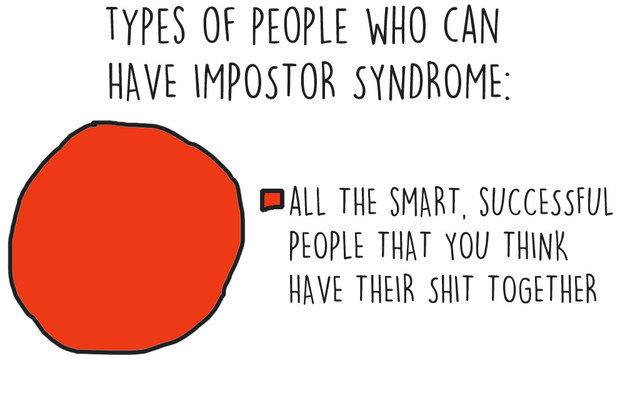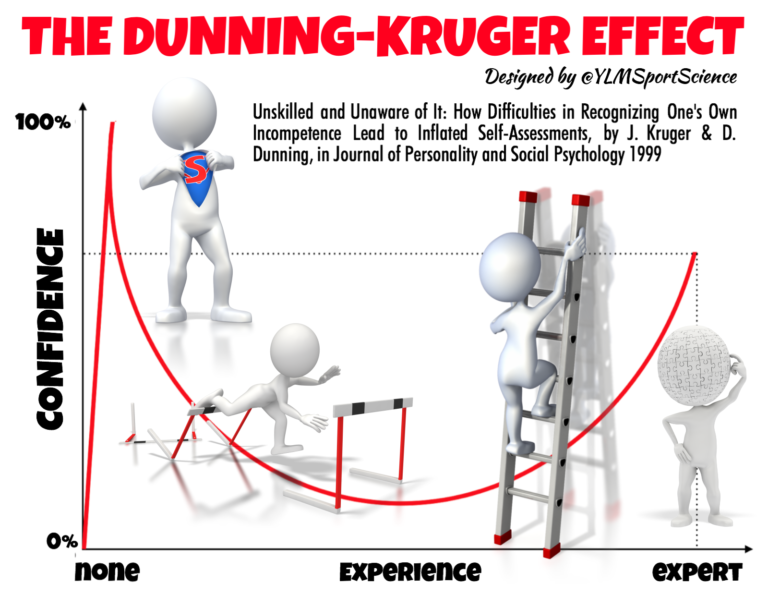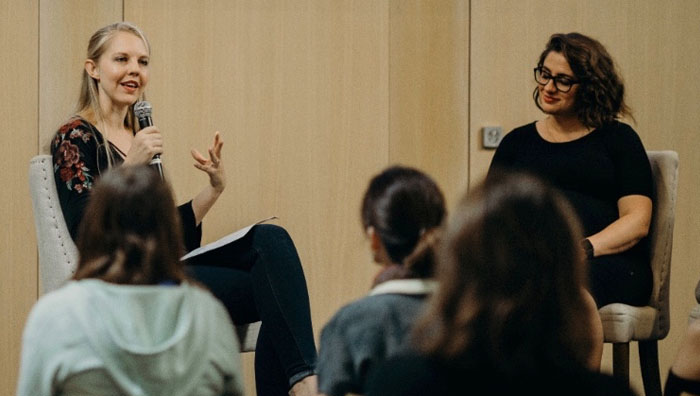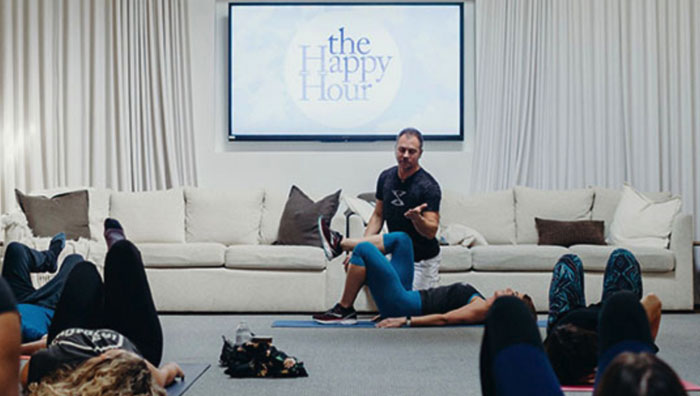I’ve always been a strong believer in asking for help when life gets overwhelming. I’d sought out therapy when life threw me curveballs in the past, and it had really helped me process grief and the residual fear from a traumatic experience. But what happens when life isn’t overwhelming? What do you do when life is decidedly underwhelming?
A friend introduced me to The Happy Hour, and after speaking to them, they confirmed my suspicion that I wasn’t in need of therapy, but instead encouraged me to give life coaching a try. As a high achieving, driven, and organized person, I’d never thought life coaching could make a big difference to my life. Turns out I was wrong because life coaching was the lifeline I didn’t know I needed.
After grad school things didn’t turn out quite as planned… which seems to be par for the course for many millennials. I found myself overworked, uninspired and burnt out. So instead of diving back into the corporate world, I decided to do some freelance work while I figured out what was next for me. Freelance turned into starting my own business, and working reasonable hours with clients I felt passionate about. This shift left me more fulfilled in some ways but wasn’t without its tradeoffs. The corporate world can provide financial security, community, and a clear career trajectory. Entrepreneurship can lack all of those.
All that said, I was doing okay, my life just didn’t look how I’d planned. In many ways I felt like a failure, even though rationally I knew that wasn’t true. While I couldn’t put my finger on any one thing that was majorly wrong, nothing felt majorly right either. If you were to ask me how things were going, the most honest answer would have been “meh”.
3 ways life coaching was a game changer:
CLARITY
After my first session with my coach, I was in tears. WTF? That was not how I saw that going. She didn’t just listen to me, she heard me. This became apparent when she nudged me out of my comfort zone by challenging some of the stories I was telling her… and myself. I realized some of the things I was fixating on actually weren’t that big a deal, but that there were underlying limiting beliefs and self-sabotaging behaviors that I wasn’t consciously aware of.
ACTION PLAN
After we spent some time diving into those limiting behaviors – why they were there, how much they were rooted in reality, and what we could do to move past them – she helped me map out an action plan. As a goal-oriented person this was right up my alley. She made sure my goals were incremental, attainable, and would serve me in the long run, rather than just being a temporary band-aid.
We also allowed for flexibility in this plan. Sometimes the journey isn’t linear, no matter how much I want it to be. She coached me through learning to bend and pivot. I learned to accept that maybe the initial destination I defined was actually just a lesson on the way to something much bigger and much more aligned with who I am.
ACCOUNTABILITY
I’ve come to terms with the fact that if I don’t pre-book a gym class, or workout with a personal trainer, I’m much more likely to hit snooze when my alarm goes off at 5am than I am to get up and work out alone. I need that accountability. For some reason needing that same accountability when working on my life in general, my happiness, my fulfillment made me feel like a failure. (Remember those limiting beliefs I mentioned before? This was one of them.)
I now know the only way I can fail myself is to be too proud to ask for someone to hold me accountable for taking action. It keeps me on track to my goals, and in the grand scheme of things, serves as a reminder to put myself first. When I put myself first, I’m a better business owner, and a better friend.
Did life coaching solve all my problems? Nope. It was never supposed to. What it did do was give me perspective, helped me define a new direction, and provided me with the skills I needed to take things in my stride without being so hard on myself.
It also made me realize some of the things I thought were problems, weren’t problems at all. Coaching helped me to establish clear boundaries (in life and work), and to rebuild the confidence that I’d lost- which has made me happier and more fun to be around. As a whole, I now feel like I’m in a place of flow. And when I next feel stuck, I know my life coach will be there to help me navigate my way back to peace again.
This guest blog was written by one of The Happy Hour’s coaching clients who has requested to remain anonymous.
Curious about what life coaching could do for you?
Give the studio a call at 615-953-3934 to learn more, or read about our certified life coaches here.
Ready to transform your life?




